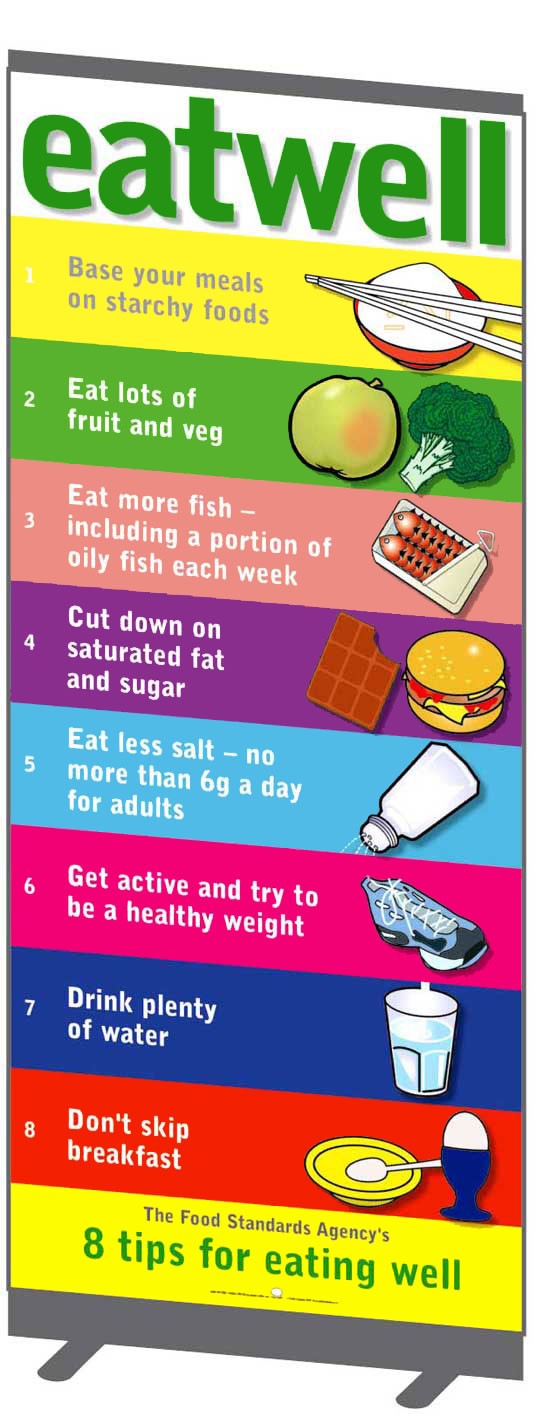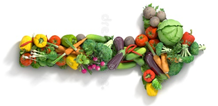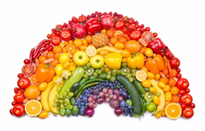Healthy Eating
MSJ Wellbeing Advice
Healthy Eating

Eating healthy and more sustainable food will provide students with the nutrients they need in order to grow and develop as well as supporting their learning throughout the day.
![]()

The NHS Eatwell guide offers 8 tips on healthy eating:![]()
- Starchy carbohydrates should make up over a third of the food you eat. They include potatoes, bread, rice, pasta and cereals. Choose higher fibre or wholegrain varieties, such as wholewheat pasta or brown rice.
- It’s recommended that you eat at least 5 portions of a variety of fruit and veg every day. They can be fresh, frozen, canned, or juiced.
- Fish is a good source of protein and contains many vitamins and minerals. Oily fish include: salmon, trout, herring, sardines and mackerel.
- You need some fat in your diet, but it’s important to pay attention to the amount and type of fat you’re eating. Too much saturated fat can increase the amount of cholesterol in the blood.
- Use food labels to help you cut down on salt intake. More than 1.5g of salt per 100g means the food is high in salt.
- Regular exercise is important for overall health and wellbeing. Children and young people are recommended to do 2 types of physical activity each week: aerobic exercise and exercises to strengthen their muscles and bones. Look at our activity section for more information.
- The government recommends drinking 6 to 8 glasses every day. This is in addition to the fluid you get from the food you eat.
- A healthy breakfast high in fibre and low in fat, sugar and salt can help you get the nutrients you need for good health.
Healthy Eating Website Links:
https://www.nhs.uk/live-well/eat-well/healthy-breakfasts-recipes/
https://www.nhs.uk/live-well/eat-well/healthy-food-swaps/
https://www.nhs.uk/live-well/eat-well/healthy-eating-for-teens/
